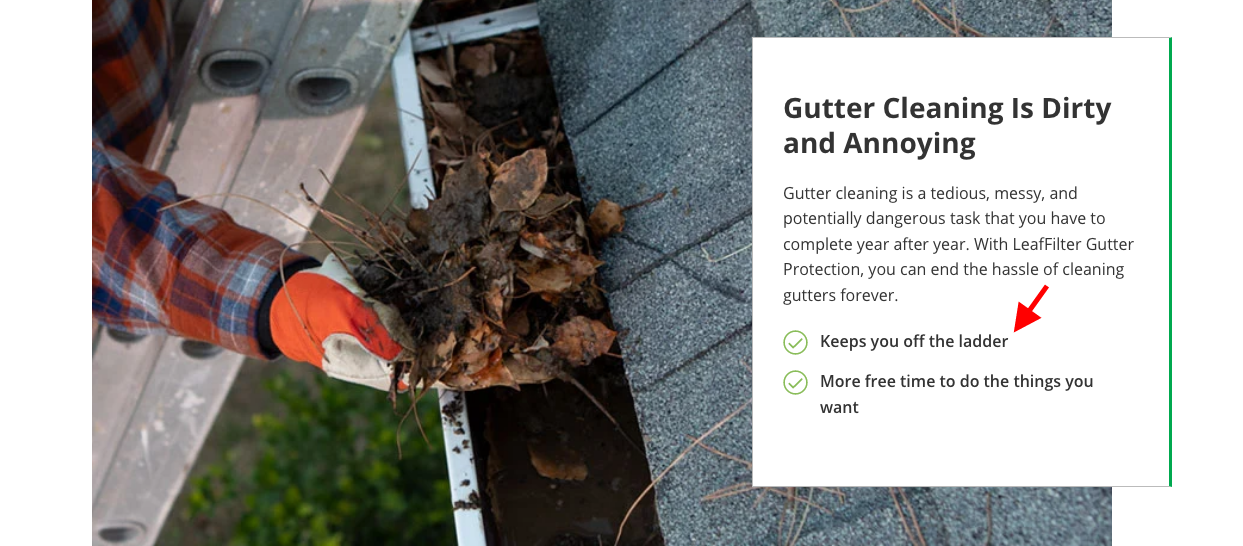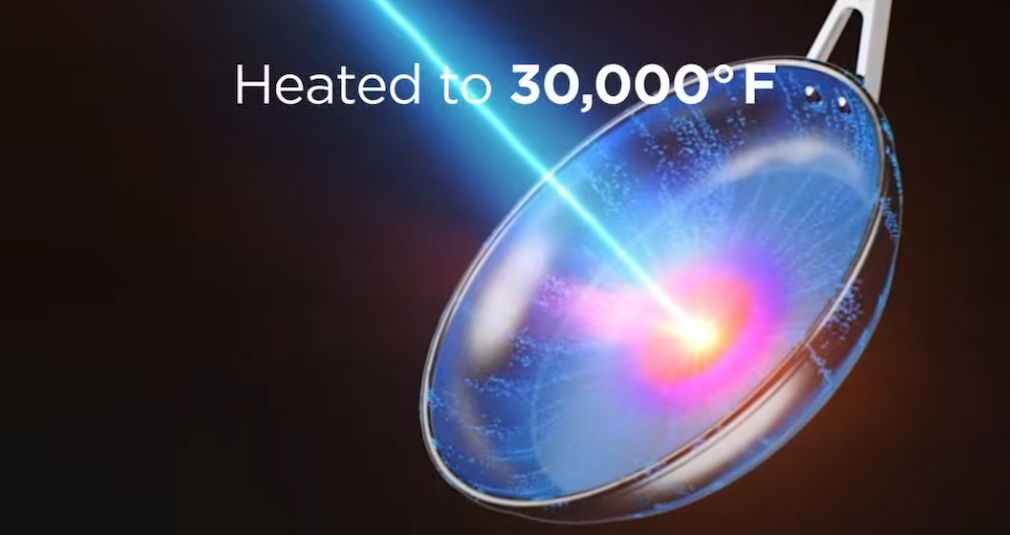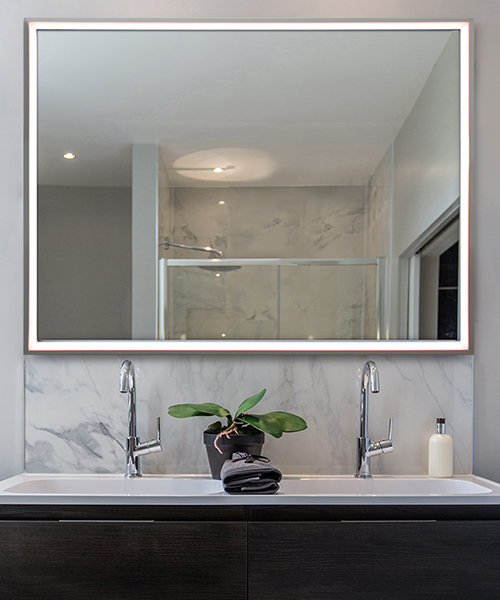
LeafFilter Gutter Guard: ‘Keeps You Off the Ladder’
Gutter cleaning is dirty and annoying. So is deceptive marketing.
Lawsuit alleges manufacturing temperature claim is a "physical impossibility."
A new class-action lawsuit accuses SharkNinja of defying the “laws of physics and thermodynamics” by falsely advertising its NeverStick Nonstick Cookware as heated to a temperature roughly three times the surface of the sun.
SharkNinja claims that the cookware gets its superior nonstick coating from a manufacturing process in which the aluminum-based pots and pans are heated to 30,000 degrees Fahrenheit, as opposed to “traditional” nonstick cookware only manufactured at 900 degrees Fahrenheit.
But according to the lawsuit, which was filed earlier this month, 30,000 degrees Fahrenheit is not only about three times the surface temperature of the sun, it is also almost six times the temperature at which aluminum vaporizes and nearly 25 times the temperature at which aluminum begins to melt.
“That is a physical impossibility with aluminum vaporizing into gas at 4,478°F,” the lawsuit states, referring to SharkNinja’s manufacturing temperature claim.
In practice, the lawsuit alleges, the purported process of manufacturing at 30,000 degrees Fahrenheit does not ensure that the nonstick cookware will “never” and/or “won’t” stick, chip or flake, and the products chip, flake and lose their nonstick coating faster than competitors’ “traditional” and less expensive nonstick cookware.
Go deeper
In August 2021, the National Advertising Division recommended that SharkNinja discontinue unsupported claims that its NeverStick Nonstick Cookware “never sticks.” (NAD, the ad industry’s self-regulatory body, found that the NeverStick brand name, on its own, was not false or misleading.)
The lawsuit cites the NAD decision as the apparent impetus for a change in language on product packaging, from “never sticks, chips or flakes” to “won’t stick, chip or flake,” that was implemented “sometime after August 2021.” But while the lawsuit argues the word change is “meaningless” and “no less deceptive to reasonable consumers,” NAD actually reviewed the new language and found that “won’t” does have a different meaning than “never” in the context of the ad claims.
NAD wrote in a February 2022 compliance report:
The reference to “won’t” is not substantially similar to “never” because it is less absolute and, consequently, does not raise the same concerns (particularly in a comparative context) as in the underlying decision. The claim “won’t stick, chip or flake” is a monadic nonstick claim permitted by the NAD decision.
Of note, NAD made this determination on its own without referencing any surveys or studies about how consumers would interpret the terms.
In addition, there may actually be something to SharkNinja’s manufacturing temperature claim. Reporting on the lawsuit, the tech news site The Verge dug up this 2002 Washington Post article that describes a ceramic coating process similar to the one SharkNinja advertises.
The newest high-tech wrinkle in nonstickiness is a coating called ceramic-titanium, developed in Denmark and used on Scanpan cookware. A mixture of titanium and a ceramic, so hot (30,000 degrees) that their atoms are broken down into a cloud of charged particles (Techspeak: a plasma), is fired at supersonic speed at the surface of an aluminum pan, where it anchors itself right into the metal, making an extremely hard, unscratchable surface.
So maybe there is some truth to some of SharkNinja’s claims.
TINA.org reached out to SharkNinja for comment. Check back for updates.
Find more of our coverage on cookware here.
Our Ad Alerts are not just about false and deceptive marketing issues, but may also be about ads that, although not necessarily deceptive, should be viewed with caution. Ad Alerts can also be about single issues and may not include a comprehensive list of all marketing issues relating to the brand discussed.
Gutter cleaning is dirty and annoying. So is deceptive marketing.
It’s safe to say this ad makes some misleading claims.
FTC publishes first closing letters since Made in USA Labeling Rule went into effect in August.


